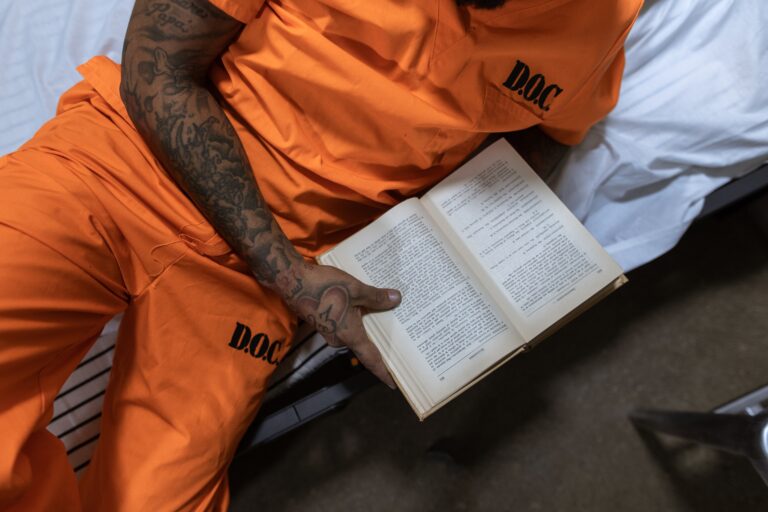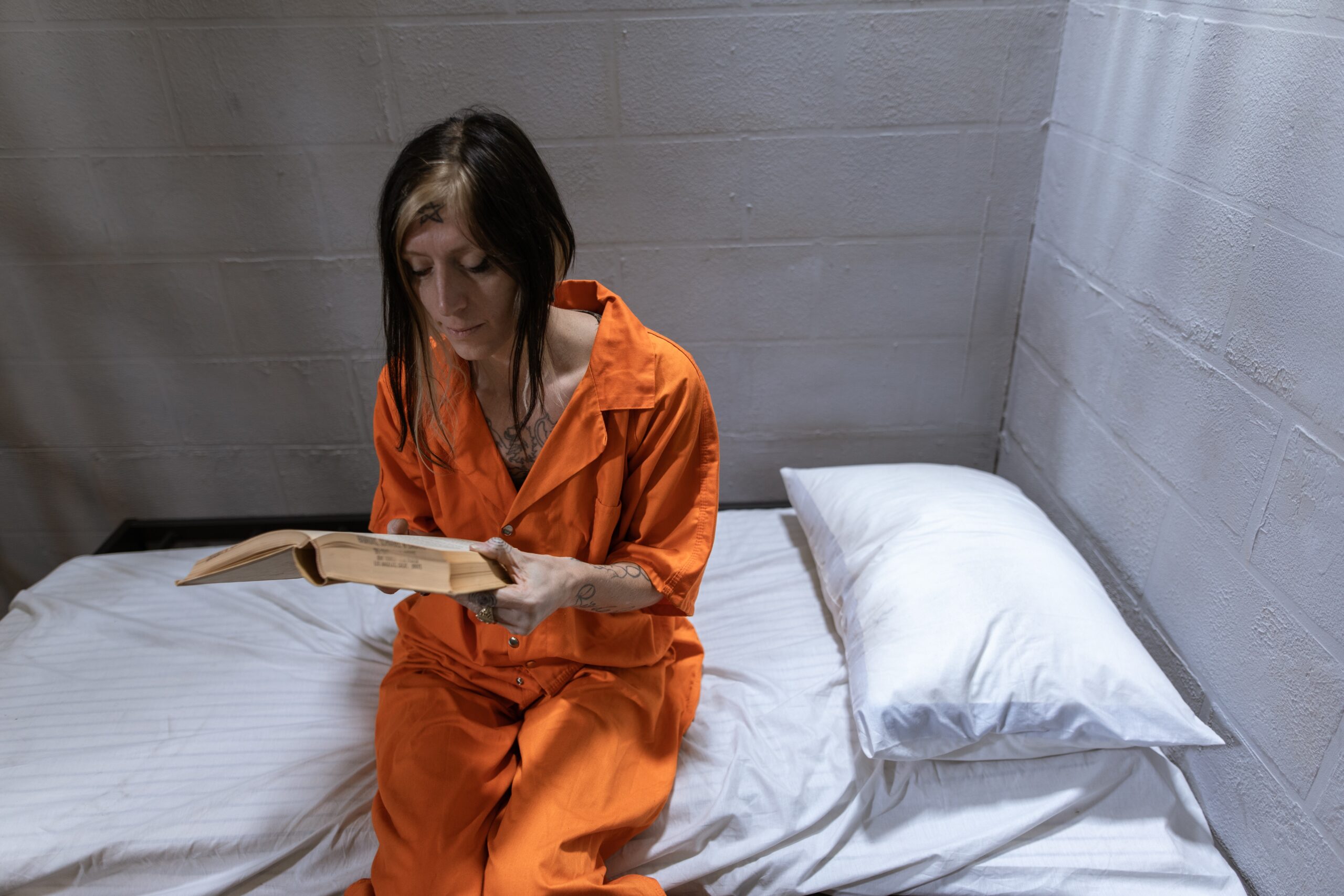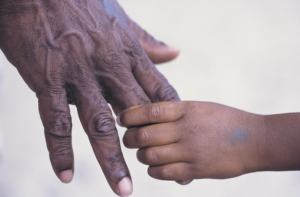In the pursuit of a more just and rehabilitative criminal justice system, there is a growing recognition of the importance of empowering prisoners during their incarceration to facilitate their successful reentry into society. Providing prisoners with education, vocational training, and mental health support can significantly enhance their chances of reintegration, reduce the risk of reoffending, and ultimately contribute to a safer and more prosperous society. This blog post explores the critical role these interventions play in unlocking the potential of prisoners and creating a path to a brighter future.
Education: Illuminating the Path to Change
Education has long been heralded as a powerful tool for personal growth and transformation. In the context of prisons, it becomes even more essential. By offering educational programs within correctional facilities, we provide inmates with opportunities to expand their knowledge, acquire new skills, and challenge their pre-existing beliefs and behaviors.
Access to quality education equips prisoners with the necessary tools to address their underlying issues, such as limited employment prospects, low self-esteem, and inadequate decision-making abilities. It also fosters critical thinking, self-reflection, and empathy, empowering individuals to break the cycle of criminal behavior and make positive choices upon release.
For nearly 30 years, only a small percentage of people have been able to get college degrees in prison. That’s about to change. https://t.co/BgoTQsUXyj #collegeinprison #educationforall @verainstitute
— STEM-OPS (@STEM_OPS) July 8, 2023
Vocational Training: Building a Bridge to Employment
One of the most significant challenges faced by ex-offenders is finding gainful employment after release. Vocational training programs can bridge this gap by equipping prisoners with marketable skills that enhance their employability. Through these programs, individuals can develop expertise in various trades such as carpentry, plumbing, culinary arts, and computer programming.
By connecting inmates with hands-on training and industry certifications, we empower them to pursue meaningful careers upon reentry. Gainful employment not only provides financial stability but also instills a sense of purpose, belonging, and self-worth, reducing the likelihood of relapse into criminal behavior.
Mental Health Support: Healing Wounds and Fostering Resilience
Addressing the mental health needs of prisoners is a crucial component of successful reentry. Many incarcerated individuals have experienced trauma, abuse, or struggle with addiction and mental health disorders. Failure to address these underlying issues during incarceration perpetuates a cycle of suffering and increases the risk of reoffending.
Integrating mental health support services into correctional facilities enables inmates to receive the care they need. Counseling, therapy, and access to psychiatric medications can help prisoners process their traumas, develop coping mechanisms, and build emotional resilience. By offering a supportive environment for healing and growth, we provide prisoners with the tools to reclaim their lives and break free from destructive patterns.
Reducing Recidivism and Creating Safer Communities
The societal benefits of providing education, vocational training, and mental health support to prisoners cannot be overstated. Research consistently shows that these interventions significantly reduce recidivism rates. When prisoners are equipped with the necessary skills, knowledge, and emotional well-being, they are more likely to reintegrate successfully into society, maintain employment, and contribute positively to their communities.
Investing in these programs also makes economic sense. The cost of re-incarceration far outweighs the expense of implementing comprehensive rehabilitation initiatives. By focusing on prisoner empowerment and successful reentry, we can redirect resources toward productive pursuits, such as community development, education, and healthcare.
Rehabilitation is Key!

Unlocking the potential of prisoners through education, vocational training, and mental health support is not only a matter of compassion and fairness; it is a strategic investment in public safety and social progress. By providing incarcerated individuals with the tools they need to succeed upon release, we break the cycle of recidivism, reduce crime rates, and foster a more inclusive and resilient society.
As we continue to refine our criminal justice system, it is imperative that we prioritize the empowerment and rehabilitation of prisoners. By embracing a more compassionate and forward-thinking approach, we can unlock the potential within each individual, promote successful reentry, and build safer, more prosperous communities for all.
To read more stories of hope and transformation, come back every week at www.getfreeandstayfree.com and follow us on social media by clicking on the icons below!




